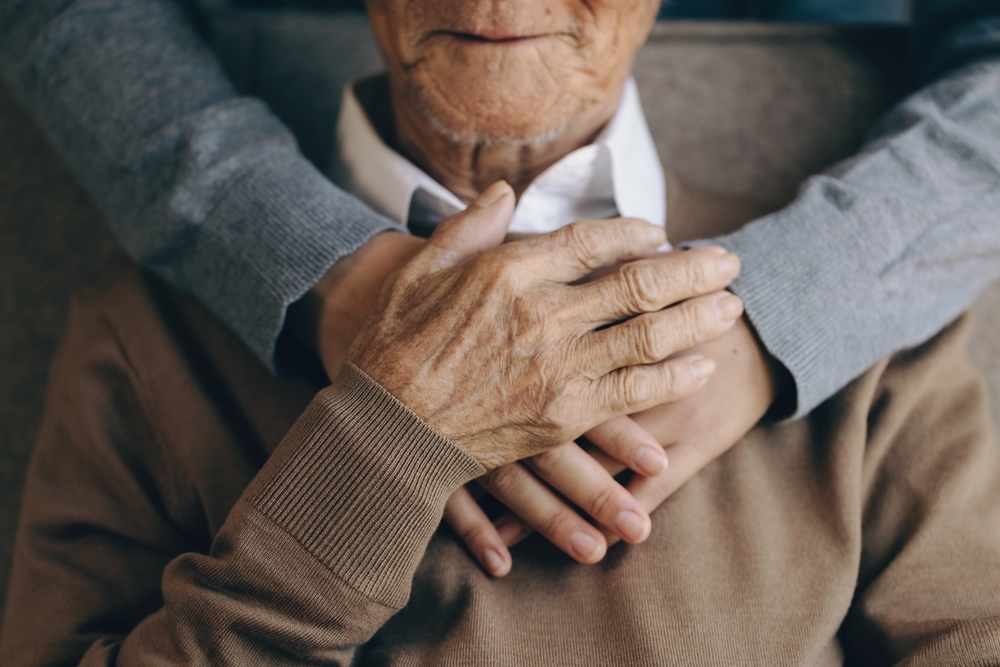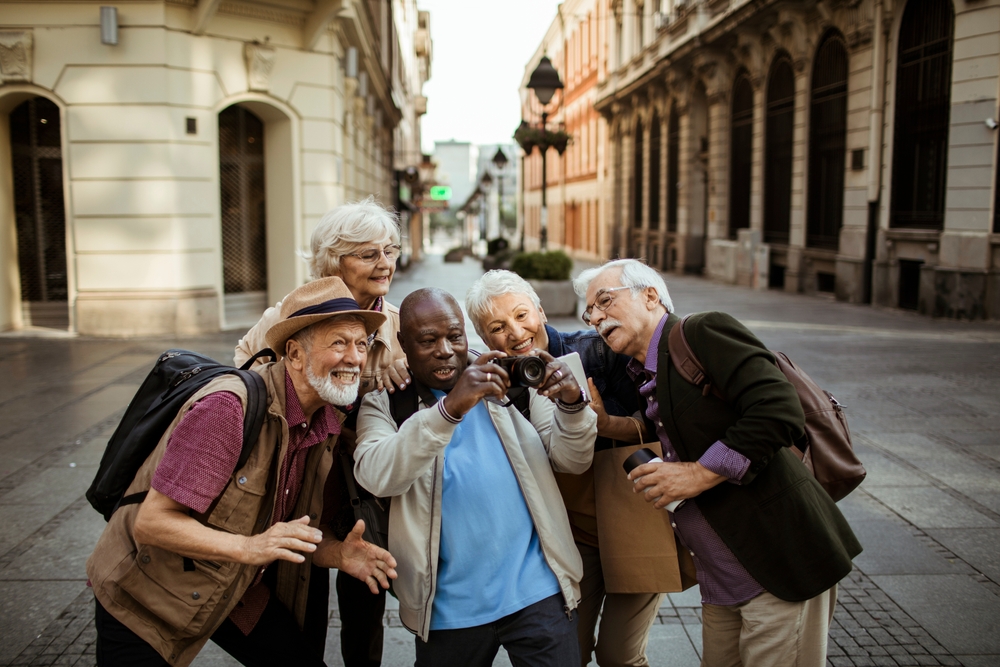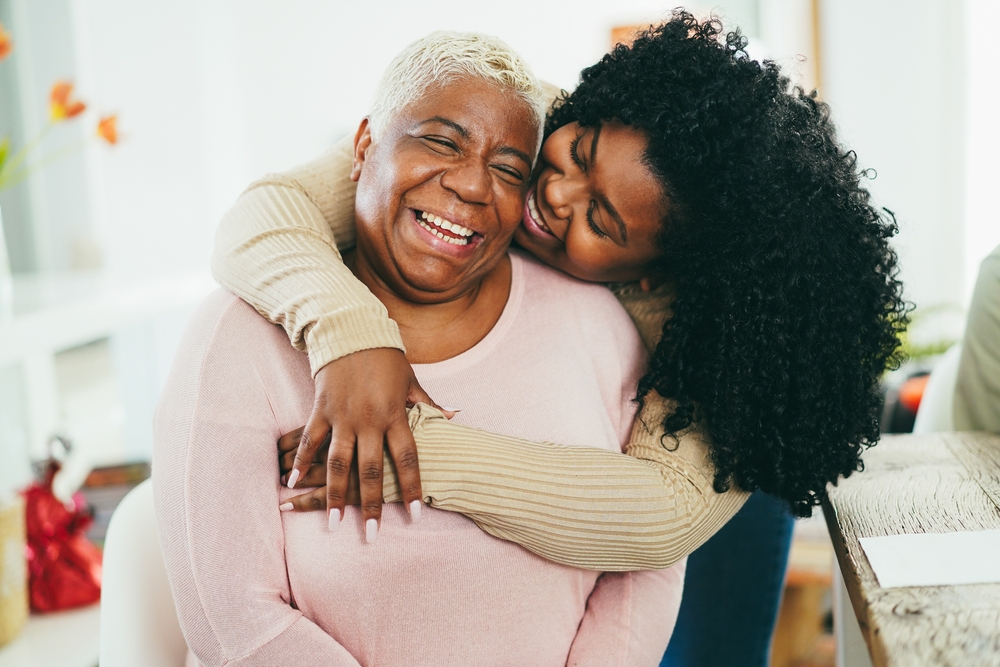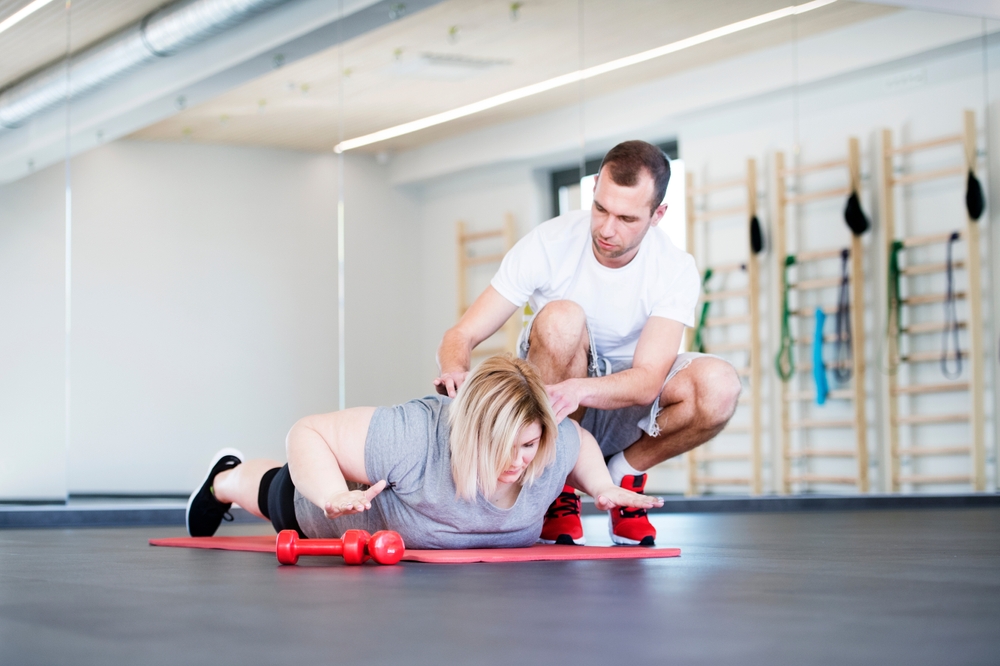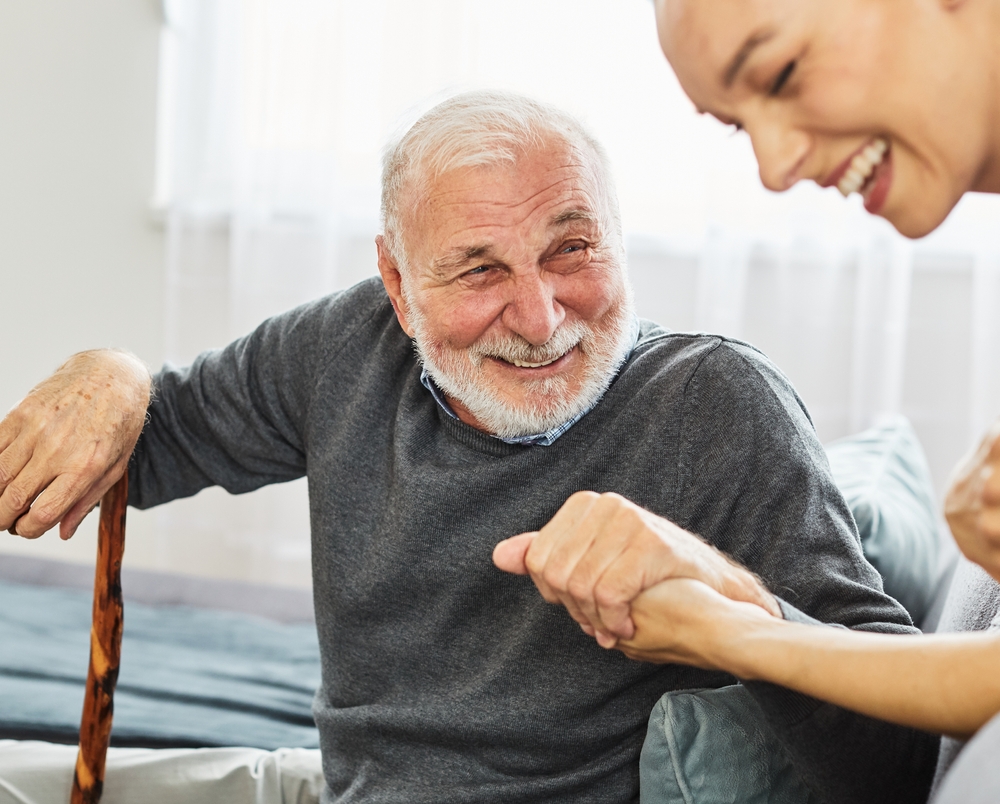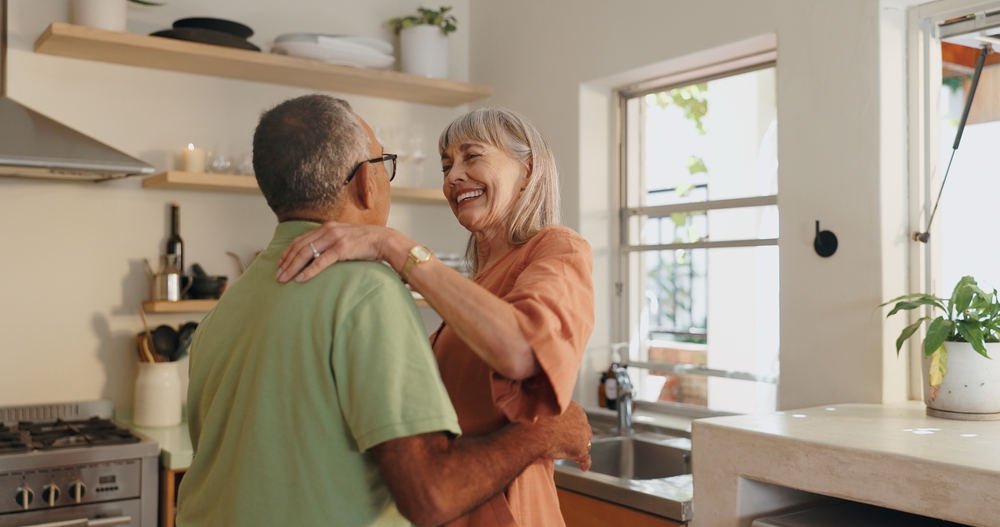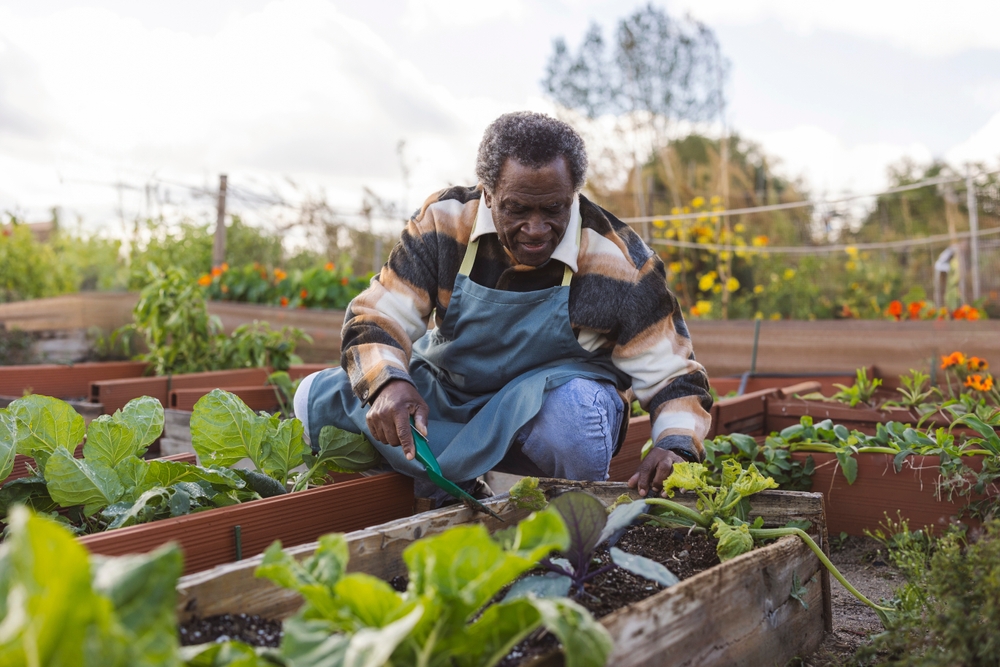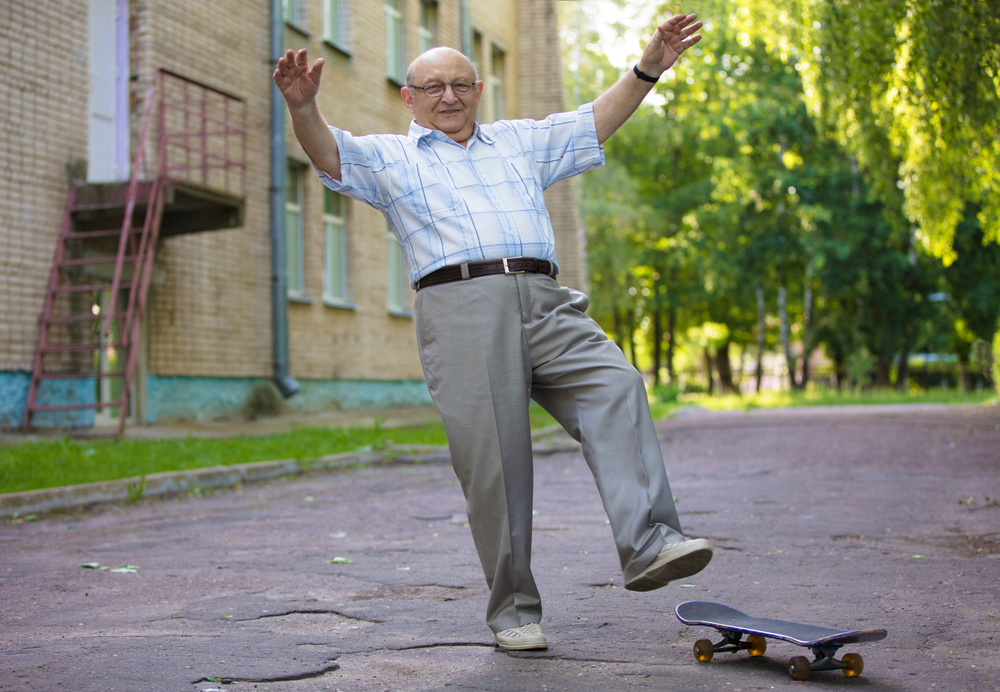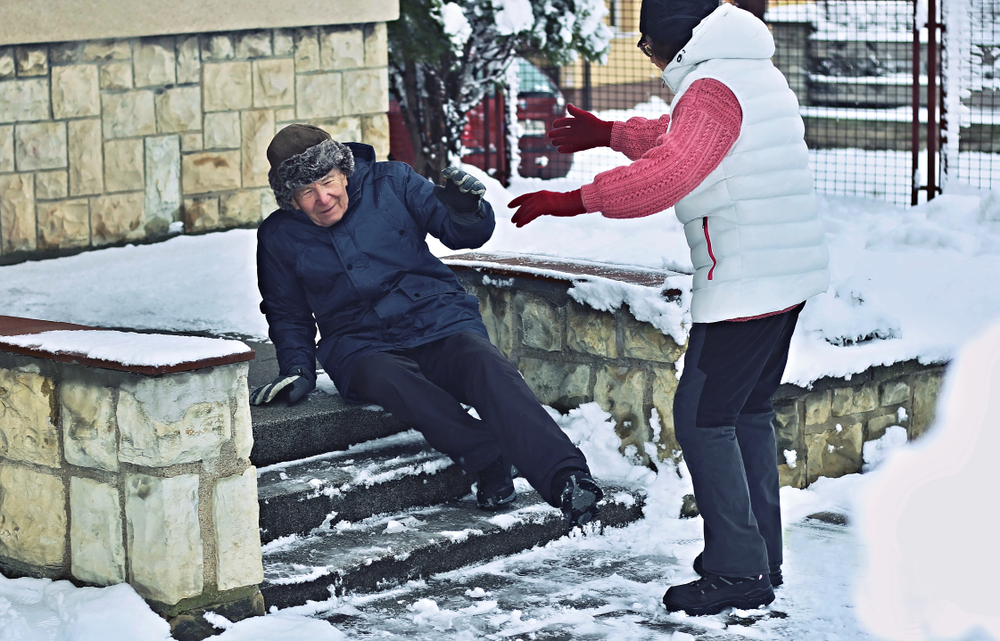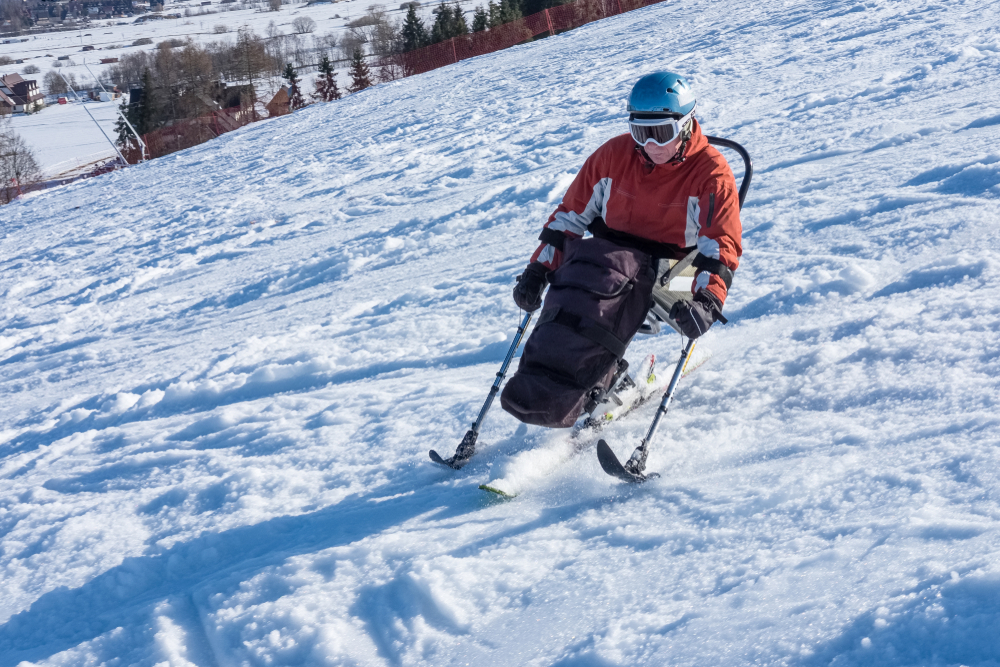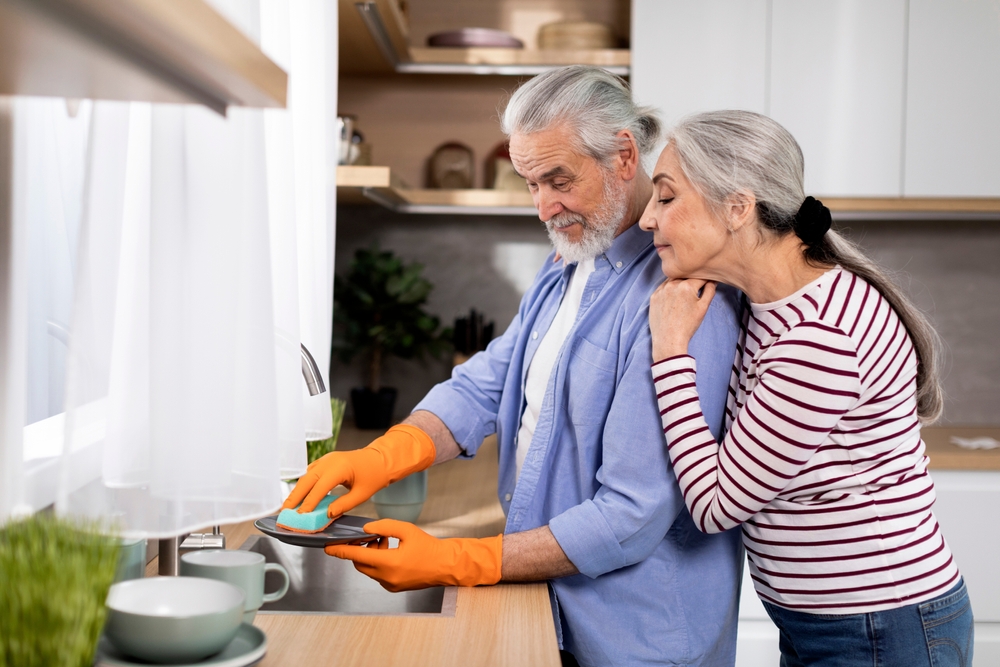Make an Appointment
Falls are a major concern for seniors, often leading to injuries that impact mobility and independence. Rehabilitation following a fall is crucial for regaining strength, improving balance, and restoring confidence. In this blog, we explore a range of research-backed rehabilitation strategies designed specifically for seniors. With a gold standard approach centred on Physiotherapy and Exercise Physiology, our goal is to help seniors enhance their health, increase mobility, and ultimately reduce the need for carer support.
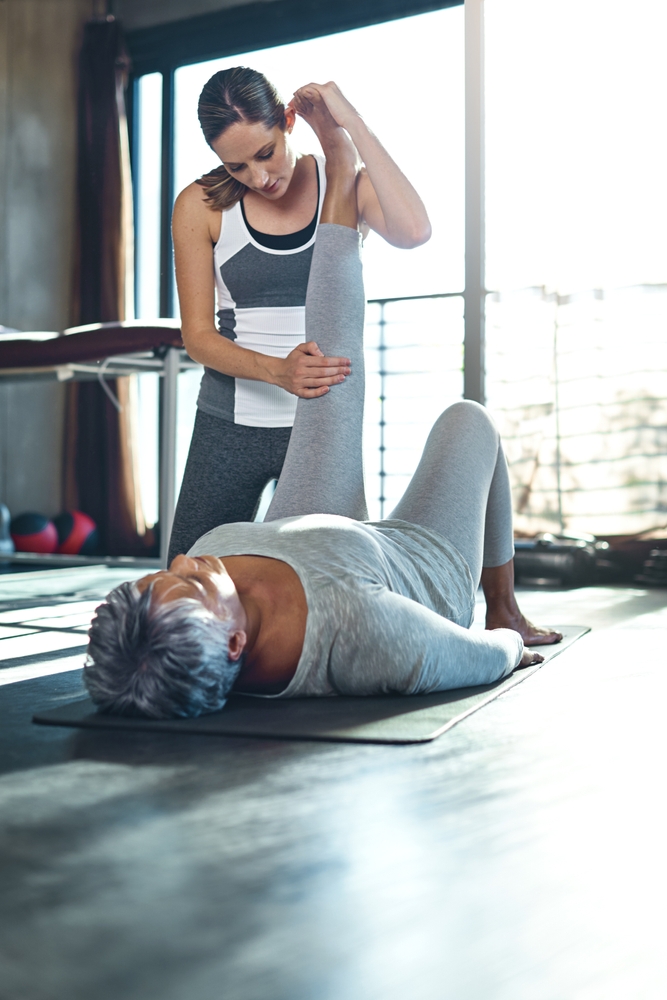
Understanding Falls and Their Impact on Seniors
What are the Common Consequences of a Fall?
Falls can result in a variety of injuries, from fractures and soft tissue injuries to head trauma and even a decline in overall physical function. Beyond the physical injuries, falls can lead to a fear of falling again, resulting in reduced activity levels, loss of confidence, and increased dependency on caregivers. This downward spiral can have a significant impact on a senior's quality of life.
Key Challenges Following a Fall
Physical Injuries and Pain:
Fractures, sprains, and soft tissue injuries that limit mobility.
Reduced Balance and Coordination:
Loss of confidence and decreased ability to maintain balance.
Functional Decline:
Difficulty performing daily activities, which can lead to increased reliance on caregivers.
Psychological Impact:
Fear of falling again may lead to social isolation and depression.
Understanding these challenges underscores the necessity of a comprehensive rehabilitation program that addresses both the physical and psychological aftermath of a fall.
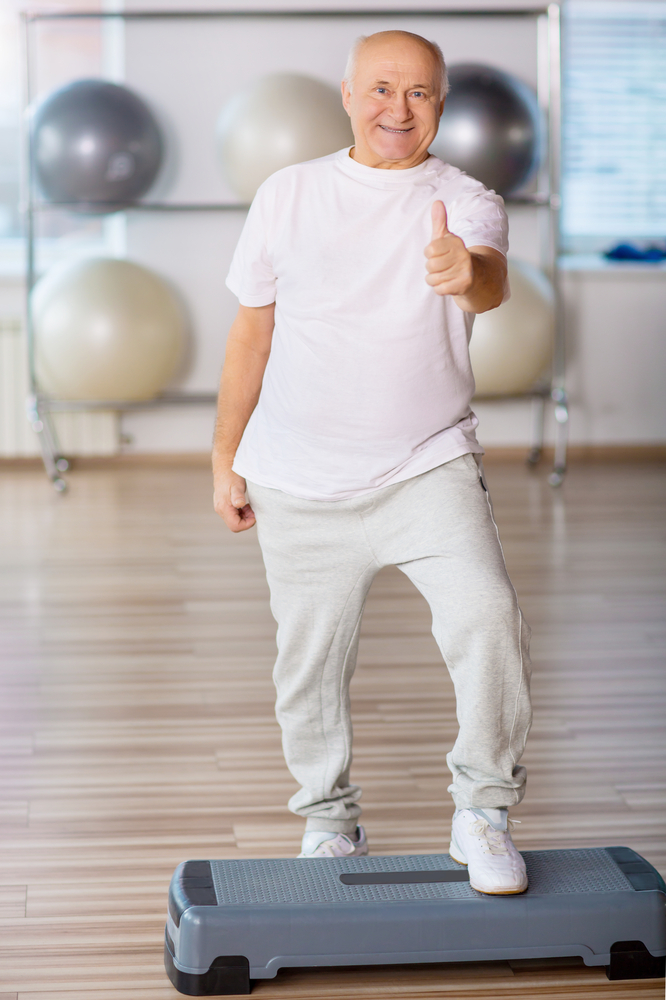
The Importance of Post-Fall Rehabilitation
Effective rehabilitation is critical in restoring a senior’s independence and quality of life. A structured rehabilitation program not only helps to recover lost mobility but also works to rebuild confidence and reduce the risk of future falls. The benefits of such a program include:
Enhanced Mobility and Independence:
Through targeted exercises, seniors can rebuild strength and improve balance, enabling them to perform daily activities more safely and independently.
Reduced Reliance on Carers:
By regaining physical function and confidence, seniors are less likely to require constant assistance, easing the burden on caregivers.
Improved Overall Health:
Regular exercise and physical activity contribute to better cardiovascular health, reduced chronic pain, and improved mental well-being.
Prevention of Future Falls:
A focus on balance, strength, and functional training can significantly lower the risk of subsequent falls, creating a safer environment.
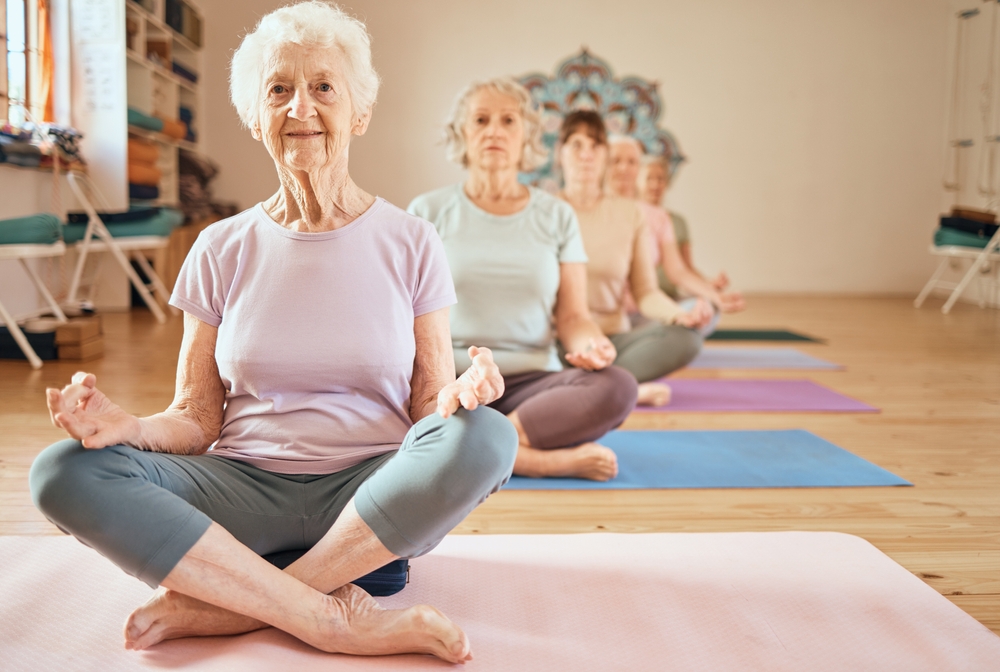
Core Rehabilitation Options for Seniors After a Fall
A successful rehabilitation program for seniors after a fall is built on several core components, with a strong emphasis on Physiotherapy and Exercise Physiology as the foundation for recovery.
1. Physiotherapy
Physiotherapy is essential for restoring mobility, reducing pain, and improving balance and coordination.
Individualised Exercise Programs: Tailored exercises that focus on strength, flexibility, and balance.
Manual Therapy and Pain Management: Techniques such as massage, mobilisation, and heat/cold therapy to alleviate pain and promote healing.
Gait Training: Exercises and supportive devices to improve walking patterns and prevent future falls.
Benefits:
Physiotherapy can accelerate recovery, enhance mobility, and reduce pain, allowing seniors to regain independence and confidence in their movements.
2. Exercise Physiology
Exercise Physiology focuses on designing fitness programs that improve overall physical conditioning, tailored specifically to the needs of seniors.
Strength and Endurance Training: Exercises that build muscle strength and cardiovascular endurance, crucial for daily activities.
Balance and Flexibility Exercises: Training that improves stability and reduces the risk of falls.
Functional Training: Practical exercises that simulate real-life activities, making everyday movements easier and more efficient.
Benefits:
By focusing on overall physical conditioning, exercise physiology not only supports recovery from a fall but also helps prevent future incidents. Enhanced strength and balance contribute directly to greater independence, reducing the need for carer support.
3. Balance and Coordination Training
Balance Drills: Exercises such as standing on one leg, using balance boards, or performing tai chi can significantly improve stability.
Coordination Exercises: Activities that integrate upper and lower body movements to enhance overall coordination.
Functional Mobility Training: Practical sessions that focus on safe movement during daily tasks, such as getting up from a chair or navigating stairs.
For more on balance exercises for seniors, visit NDIS – Fall Prevention.
Benefits:
Improving balance and coordination is critical to reducing fall risk, ensuring that seniors can navigate their environments confidently and safely.
4. Pain Management and Flexibility Exercises
Stretching Routines: Gentle stretching exercises designed to improve flexibility and reduce muscle stiffness.
Pain Management Techniques: Incorporating modalities such as hydrotherapy, massage, and gentle mobilisation.
Mind-Body Techniques: Practices such as yoga and tai chi that promote both physical flexibility and mental relaxation.
Learn more about pain management strategies for seniors at Healthdirect Australia.
Benefits:
Reducing pain and improving flexibility can greatly enhance the overall quality of life. These exercises support smoother movement and contribute to the effective performance of daily activities.
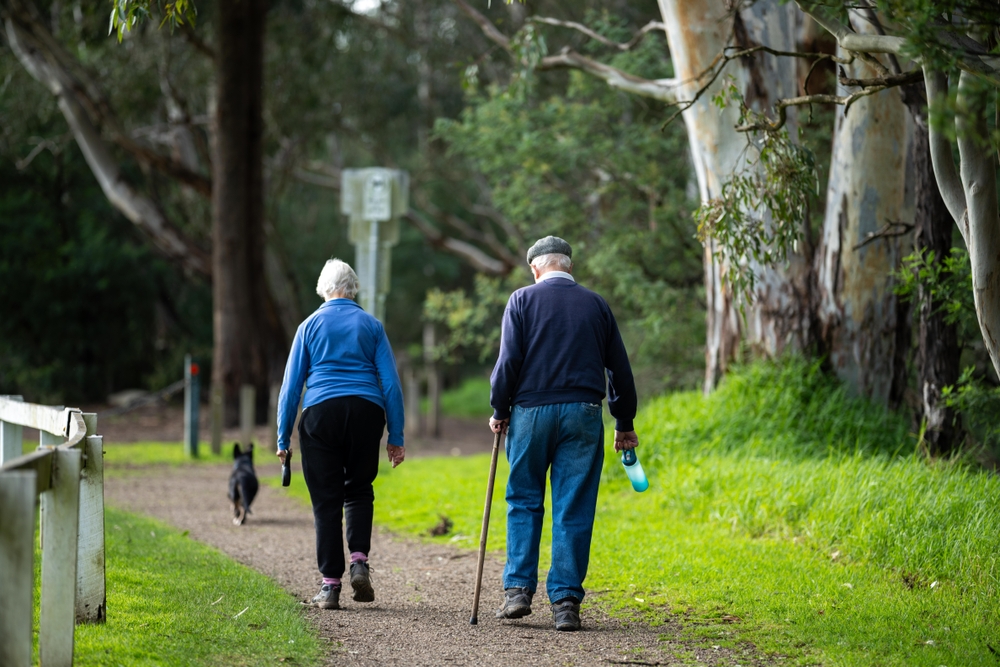
Who Can Assist?
Achieving optimal recovery after a fall is most effective when supported by a dedicated team of allied health professionals. The following disciplines play a crucial role in a gold standard rehabilitation program:
Physiotherapists:
They develop customised exercise programs that focus on restoring strength, balance, and mobility. Their expertise in manual therapy and gait training is essential for recovery.
Our Physiotherapy service brings expert care directly to your home.
Exercise Physiologists:
Specialists in designing comprehensive fitness regimens that incorporate strength, balance, and functional training exercises. Their programs help build overall physical conditioning and prevent future falls.
Explore our Exercise Physiology service for tailored support.
Occupational Therapists:
They assess your home environment and recommend adaptive strategies and modifications that enhance safety and support daily function.
Learn more about our Occupational Therapy services.
Counsellors and Psychologists:
Provide emotional support and guidance to help manage the stress and emotional impact of falls and the subsequent recovery process.
By working together, these professionals create a multidisciplinary support system that not only speeds up recovery but also empowers seniors to regain their independence and reduce the need for caregiver assistance.
Learn more about our integrated allied health services by visiting the Physio Inq website.
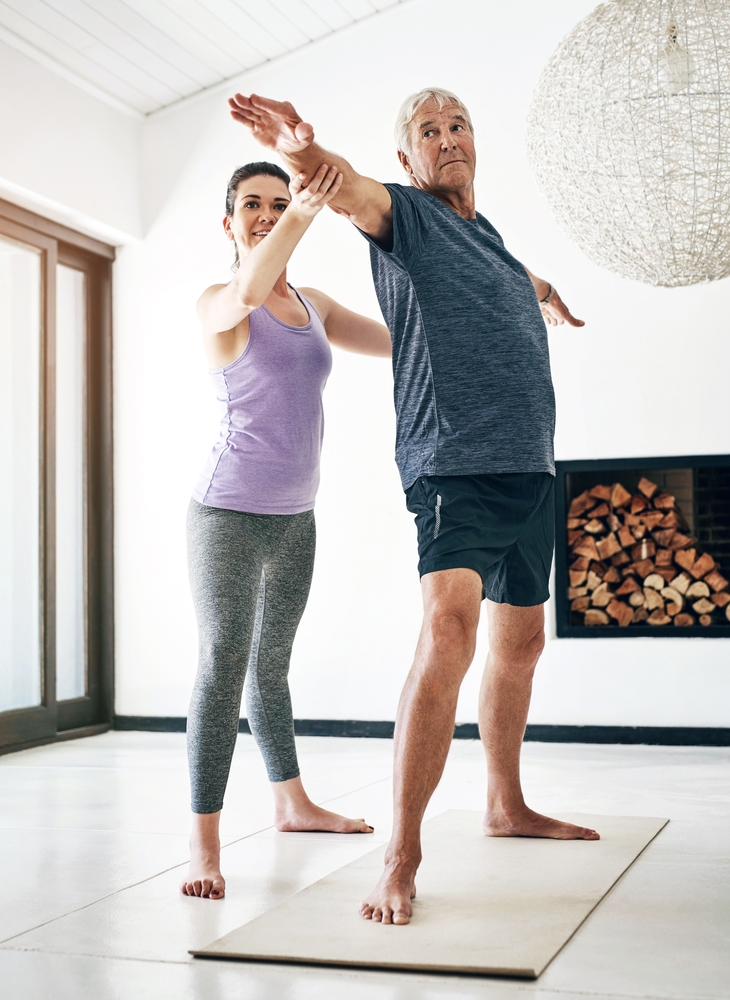
Frequently Asked Questions
What are the common challenges after a fall for seniors?
Seniors may experience a range of challenges following a fall, including pain, reduced mobility, balance issues, fear of falling again, and a decline in overall functional ability.
How can physiotherapy help after a fall?
Physiotherapy provides targeted exercises to restore strength, improve balance, and enhance mobility. It includes manual therapies, gait training, and pain management techniques that facilitate recovery and reduce the risk of future falls.
What role does exercise physiology play in rehabilitation?
Exercise physiology focuses on building overall physical conditioning through strength, balance, and endurance training. This not only aids recovery but also helps maintain long-term mobility and independence.
How often should rehabilitation exercises be performed?
The frequency of rehabilitation exercises will depend on individual needs and the advice of your healthcare provider. Typically, a program might involve sessions several times a week, with ongoing assessments to adjust the regimen as needed.
Are these rehabilitation strategies supported by research?
Yes, extensive research supports the effectiveness of physiotherapy and exercise physiology in improving outcomes after a fall. Resources from the Better Health Channel and Physiotherapy Australia provide further insights.
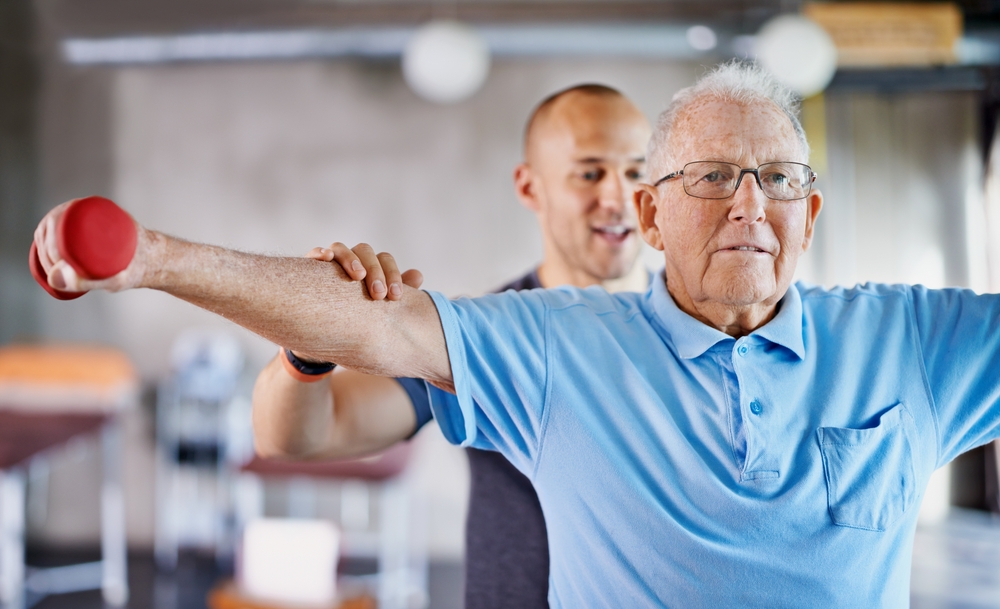
Conclusion
Rehabilitation following a fall is a critical step towards regaining strength, mobility, and independence. By focusing on a gold standard treatment plan that emphasises Physiotherapy and Exercise Physiology, seniors can achieve significant improvements in health and functional ability. This comprehensive approach not only aids in physical recovery but also reduces the reliance on caregivers, fostering greater self-confidence and a higher quality of life.
Every rehabilitation program is uniquely tailored to the individual, ensuring that all aspects of recovery are addressed. With personalised care from a dedicated team of allied health professionals, you can embrace a future of enhanced independence and improved overall well-being.
Take the Next Step:
If you or a loved one is ready to embark on a rehabilitation journey following a fall, contact us today to book an appointment or make a referral. To learn more about our comprehensive services, please explore:
Regain your independence, and take the first step toward living a life with less limits.
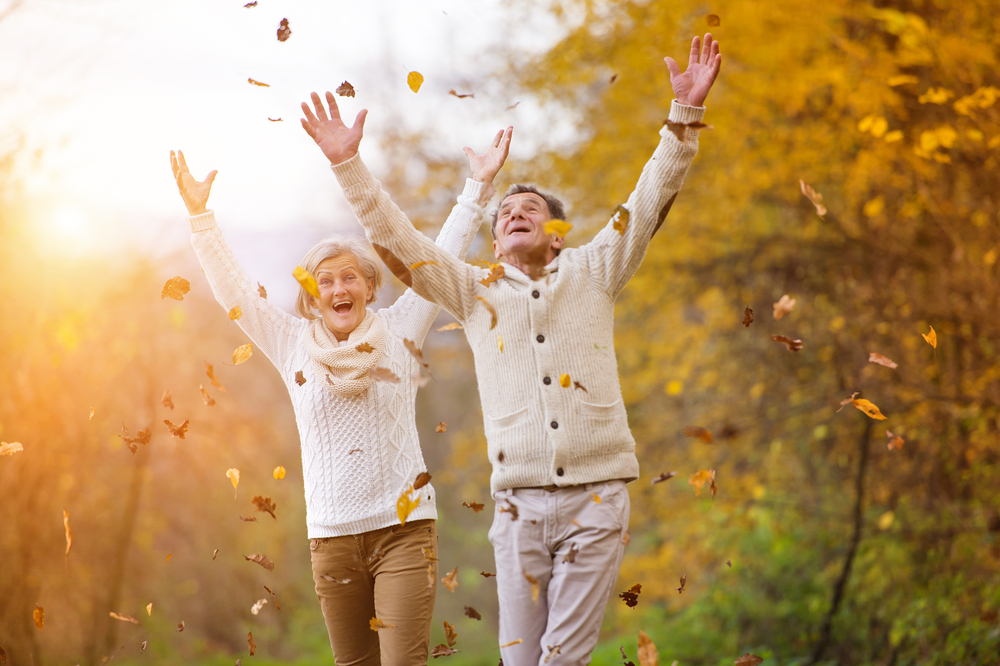
Date Published: Tuesday, April 1, 2025
Locate a Aged Care Exercise Physiology
Service Near me
Get the experience & convinence you deserve to support your or a loved one's allied health needs.
Our Aged Care Exercise Physiology team are currently serving & taking appointments in the following states and regions in Australia:
Need to get into direct contact with ur Client Services team? We're all ears. Call our team directly on 1300 731 733
